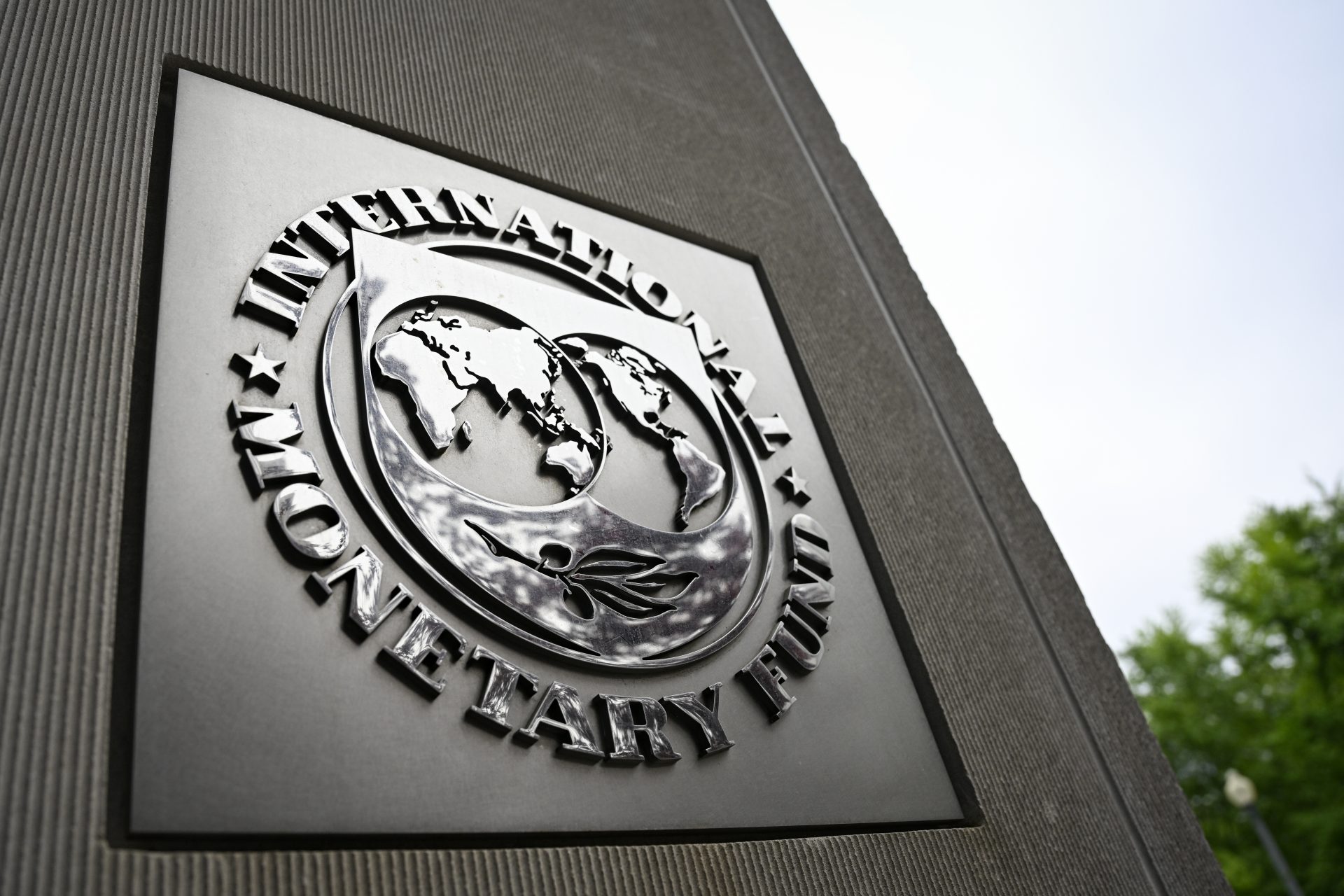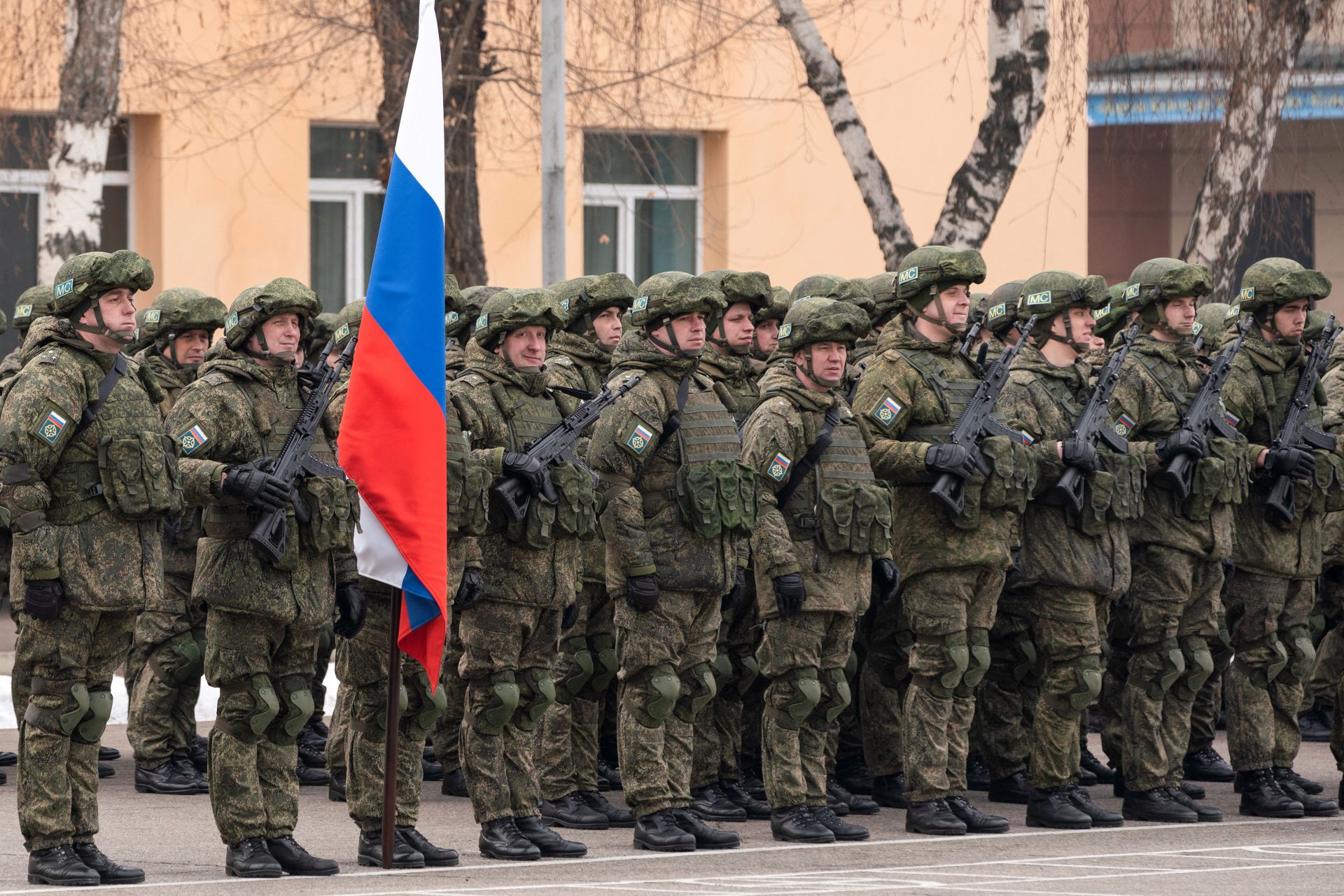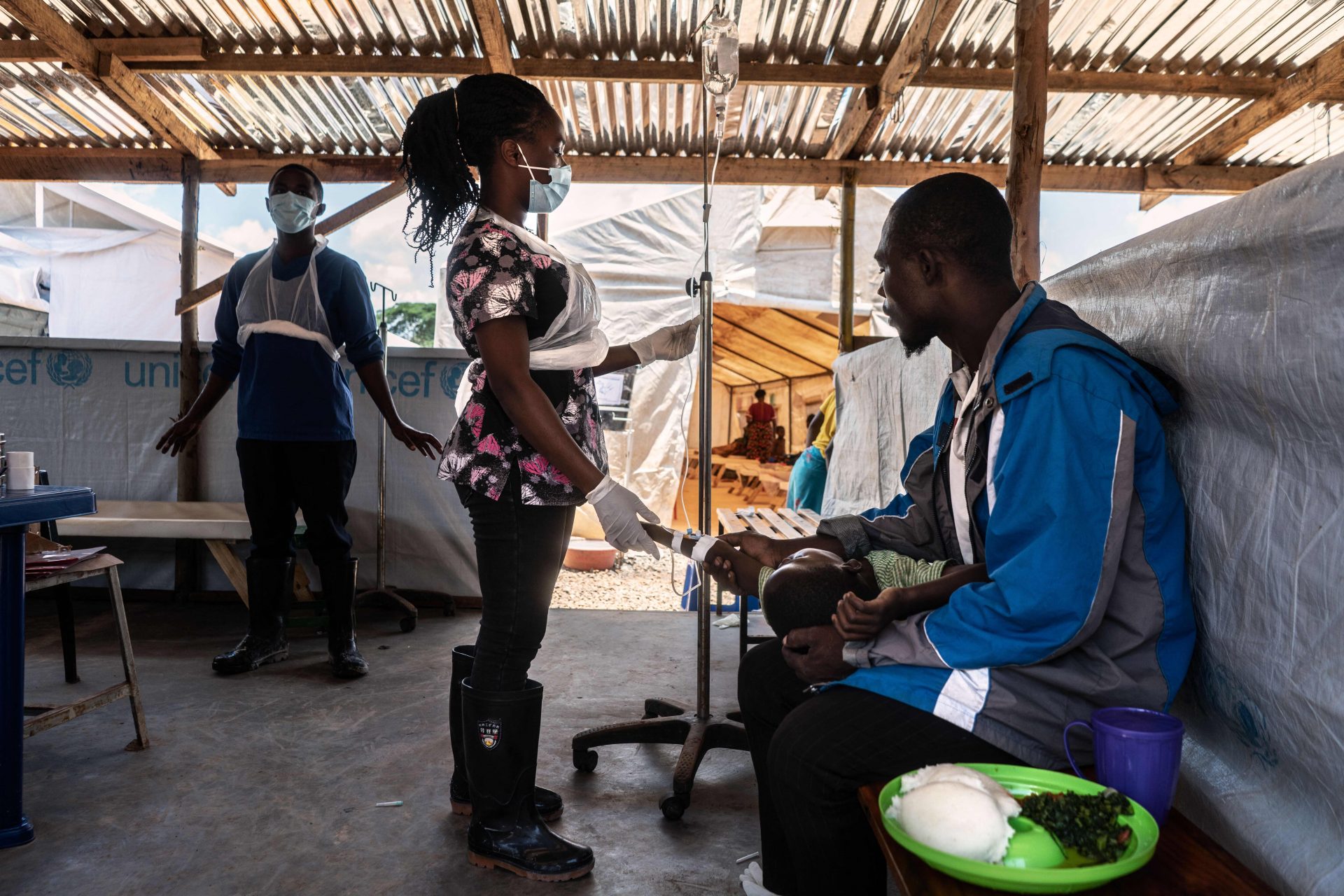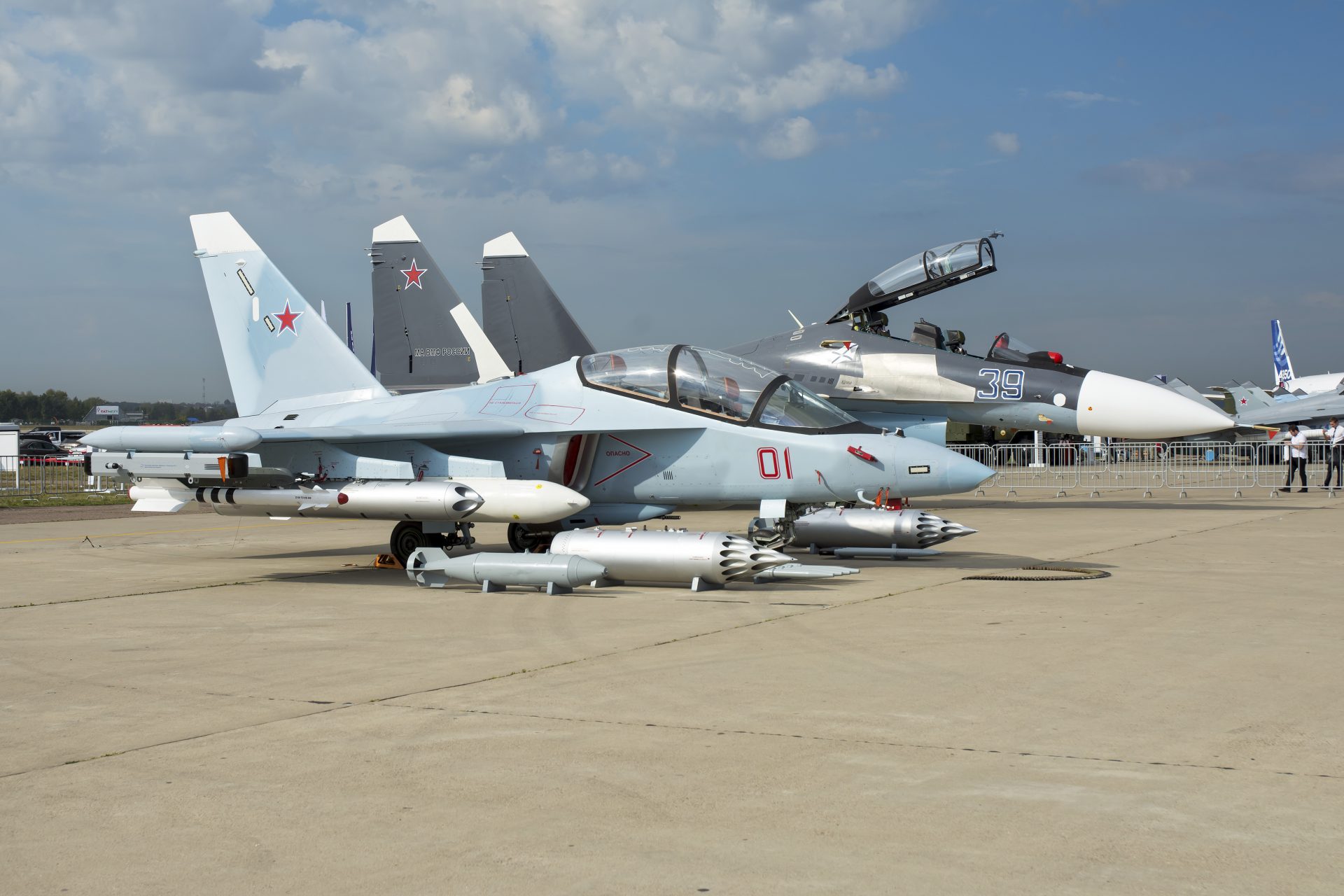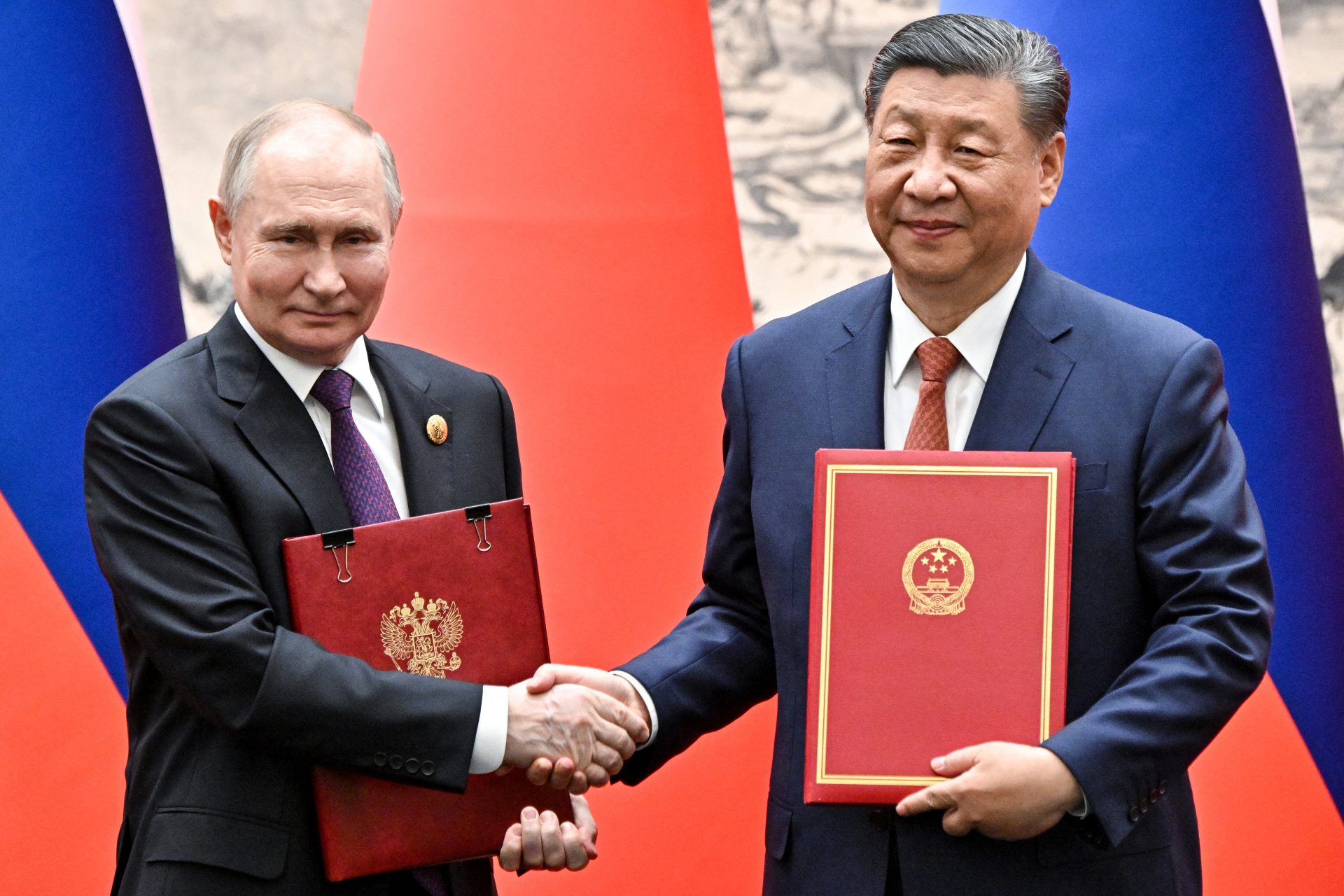Is the Cuban revolution over?
Cuba has once again entered into crisis. Its revolution is questioned on the streets, as significant protest movements in Havana rail against the economic and social policies of the government. In the United States, anti-Castroism is manifested massively as well: The image shows opponents of the Cuban regime marching in Washington DC. Is this the end of the revolution that began with the bearded men from Sierra Maestra in 1959?
Images like this one, with cars overturned in the middle of a Havana road, are unusual. On July 11 there was a social outbreak that resulted in riots, street protests and dozens of arrests. It did not spread throughout the island and has not continued, but it is still a significant event.
Moreover, as the charisma of Fidel Castro is absent, Cuba's new leadership does not seem so solid. The authority of Castro imposed order in Cuba. The current president, Miguel Díaz-Canel, appears much less capable of convincing his people, however.
After the protests, the Cuban president addressed the nation on television. Some analysts described his speech as hesitant and not very firm. He spoke of protesters as being "confused," which could be interpreted as an admittance that the protest was partly legitimate.
If Cuba has lived with hardships for years, why the protests now? The answer is a general worsening of the country's situation. The pandemic has hit the island, both in terms of public health and diminishing income from tourism. Economic problems have translated into long lines to get basic commodities and electricity blacks out for hours at a time. Tiredness has turned into anger.
There's also another factor at play. For the past months, a current of political protest has emerged both in Cuba and outside the island. The San Isidro Movement (made up of dissident Cuban artists) is making noise within Cuban territory, while the song 'Patria y Vida', promoted by Yotuel and other Latin American singers, is becoming a global anthem. In fact, 'Homeland and Life' is the motto of the new dissent.
Of course, the Cuban government also enjoys support, both among the population and among leaders of Latin American countries. Mexico and Bolivia have sent humanitarian aid to alleviate the island's suffering and calm the unrest.
Still, the discomfort is evident and criticisms add up. In the world of art, the important voice of Pablo Milanés (belonging to the Nueva Trova Cubana that composed the great hymns of the revolution) sounded on Facebook: "It is irresponsible and absurd to blame and repress a people who have sacrificed so much."
Another icon of Cuban music, the jazz pianist Chucho Valdés, seems to agree: "Things are being done very badly in Cuba."
The world's best-selling Cuban writer, Leonardo Padura, has long reflected in his novels on the decline of the Cuban revolution. His latest work, 'Como Polvo en el Viento,' ('Like Dust in the Wind'), talks about a phenomenon that has worsened in recent years and fuelled social unrest: the growing inequality in a country that claims to be a classless socialist society.
Cuba's difficulties undoubtedly have to do with the U.S. economic embargo of the past years. Those aiming to do business with the island are discouraged by sanctions. The embargo (which influential, exiled Cuban-Americans favour)has made it extremely difficult to normalize the Cuban economy at the international level.
Despite all difficulties, the Cuban revolution endured decades without faltering. The Kennedy administration tried to bring down Castro with the Bay of Pigs invasion (planned by Eisenhower's team) and failed. In addition, there were numerous attempts to assassinate Fidel, and when the Soviet Union fell, it seemed that everything would be over... But Castro and the Cuban system persisted. While Fidel is gone, Raúl Castro (in the image with Ernesto Ché Guevara) remains, albeit near-retired.
Fidel Castro is a very powerful icon that, perhaps, still has a certain sentimental value for older Cubans. But the new generations are already living in another historical chapter of unprecedented difficulty.
For many young Cubans, leaving the island is the best way to improve their lives. This says a lot about the deep crisis that the island is suffering. According to data from the UN, more than 14% of the Cuban population has emigrated off the island.
It remains to be seen if the social outbreak of this summer will persist and grow. For now, it seems, calm has returned to the streets of Havana.
(Image: Yerson Olivares / Unsplash)
A key to the near future will be the Cuban authorities' treatment of those arrested during the protests. Will they apply severe penalties to these dozens of detainees, or will they opt for clemency?
Though a small island in the Caribbean, Cuba will continue to be fundamental to international politics. It manifests the outcomes of a revolution that made many dream of a better future before getting disillusioned. The people of Cuba, meanwhile, continue to resist.
(Image: XH_S / Unsplash)
More for you
Top Stories





















